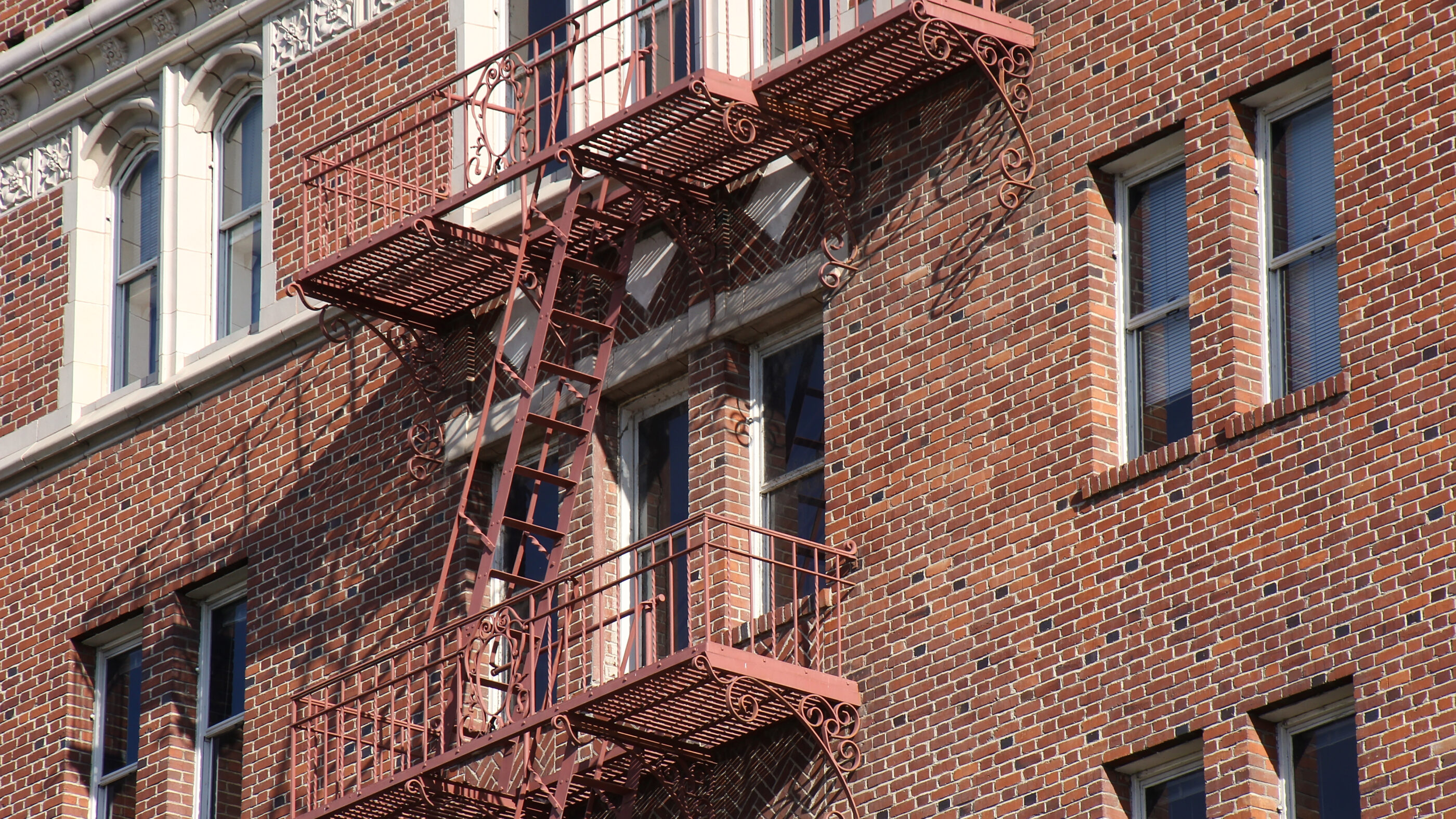Nevada is experiencing a growing housing and economic crisis, and community groups and advocates are taking the fight to the Legislature with the goal of ensuring all Nevadans have access to reliable housing and resources.
By Ryan Vortisch, Legislative Reporter, ACLU of Nevada Foundation
In Reno, a 421-square-foot studio will cost you $1,010 per month, and a three-bedroom house is just shy of $3,000 monthly. The situation in the Las Vegas Valley and in Nevada’s small towns is just as bad, housing advocates have said.
Once known for its reasonable cost of living, Nevada is experiencing a growing housing and economic crisis, and community groups and advocates are taking the fight to the Legislature with the goal of ensuring all Nevadans have access to reliable housing and resources.
Preventing source-of-income discrimination
Assembly Bill 176 would prohibit landlords from discriminating against prospective tenants due to their source of income, specifically including sources such as housing vouchers, disability social security, and legal judgments.
At a hearing for the bill earlier this month, sponsor Assemblywoman Cecilia González said source-of-income discrimination “contributes to the perpetuation of racially segregated communities and neighborhoods with concentrated poverty.”
“When voucher holders are denied the opportunity to rent near their places of work, near public transportation, or in school zones where their children can thrive, they are denied the opportunity to get ahead to the point where they no longer need housing assistance,” she said.
ACLU of Nevada executive director Athar Haseebullah presented the bill to the Assembly Commerce and Labor committee and said pretextual housing denials have gone on for too long and are impacting Nevada’s housing market.
“This continues to drive down available, affordable housing and exacerbate our current housing crisis, while having a disproportionate impact on communities of color,” he said. “If this committee doesn’t work-session this bill, move this forward, and this doesn’t get passed into law, we’re going to be back here two years from now with an even worse affordable housing crisis.”
Reforming Nevada’s eviction process
Proponents of Assembly Bill 340 describe the measure as a simple solution that will streamline Nevada’s summary eviction processes for both landlords and tenants.
The bill would reorganize the current summary eviction statute to require that a landlord’s complaint be filed prior to a tenant’s answer. Currently, Nevada is the only state in which a tenant needs to file their answer first in order to access court processes. Sponsor Assemblywoman Shondra Summers-Armstrong presented the measure with the Nevada Coalition of Legal Providers on March 29.
Johnathon Norman, with the legal services coalition, said our current process is a “confusing thing to even put into a sentence.”
“It’s even more confusing for tenants to understand,” he said, adding that the Civil Law Self-Help Center in Southern Nevada Legal Aid sees more than 300 people a day facing displacement due to this process. “Having a statute that is clear and readable is going to be really beneficial.”
Summers-Armstrong said that she received numerous calls from constituents asking for help after receiving eviction notices during the COVID-19 pandemic, and that, despite push-back, our current statute is not the “Nevada way.”
“We can’t have a process, in my opinion, that is more fair and equitable and clear for multi-million dollar businesses to fight with one another than it is for regular people to stay housed,” she said.
Solutions over excessive fines
Senate Bill 155, known as the ‘Ability to Pay’ bill, would require courts to consider the financial circumstances of people experiencing homelessness before doling out excessive fines for misdemeanor offenses.
If passed, SB155 would divert unsheltered people into specialty courts or diversion programs that better tackle the root causes of homelessness, including substance abuse issues, mental health issues, and other barriers.
Sponsor Senator James Ohrenschall presented the legislation earlier this month with Lilith Baran, policy manager at the ACLU of Nevada, and Judge Egan Walker, Judge Cynthia Lu, and Court Administrator Alicia Lerud from the Second Judicial District Court.
Baran, an outspoken advocate on housing issues and homelessness, explained the need to act on this issue now.
“It is illogical to fine money to someone who does not have it. It is a burden on the court, it is a financial burden on the state, and it’s a burden on the people who are experiencing it,” she said.
Judge Walker said our current process of fining unsheltered Nevadans for ordinance violations does not solve the problem.
“The purpose for fining somebody when they get a ticket is to punish them and to dissuade them from engaging in future activity,” he said, but fines do not deter unsheltered people because they are acting out of a need for survival.
“People don’t volunteer for homelessness,” he said. “They live there because they have no other choices and they are merely trying to survive.”
People opposed to SB155 argued the measure is too permissive and would allow public ordinances to be violated. Supporters said the bill will not change the criminal justice process for offenders. Rather, SB155 offers an opportunity to help unhoused Nevadans gain stability through court programs that have proven to be successful throughout the state.


